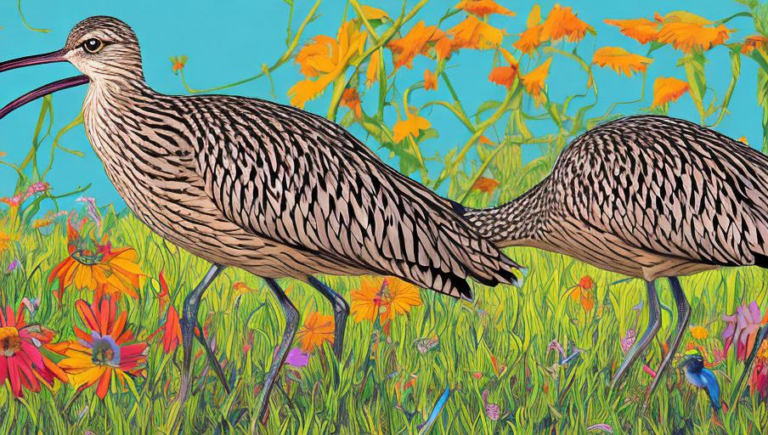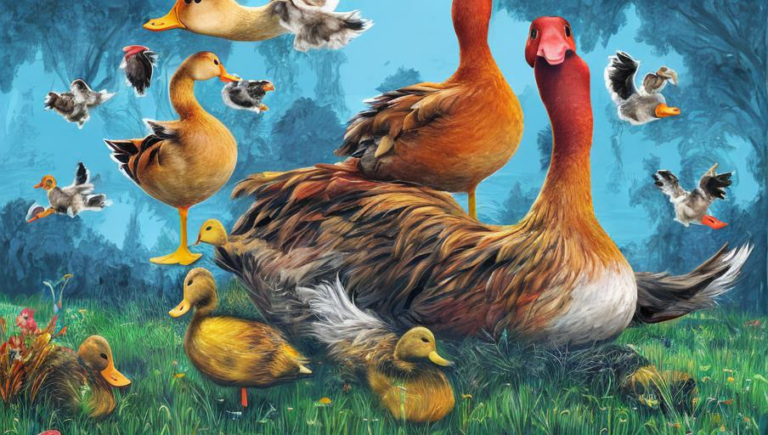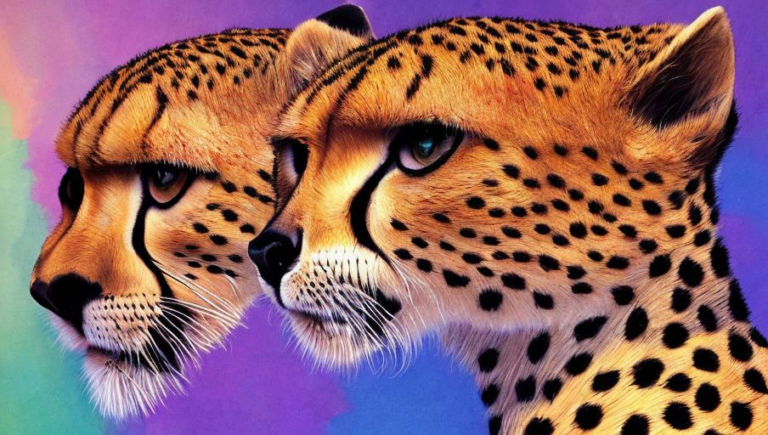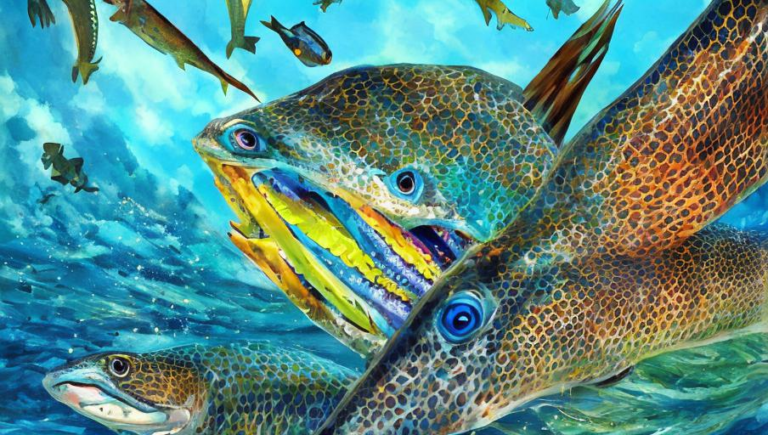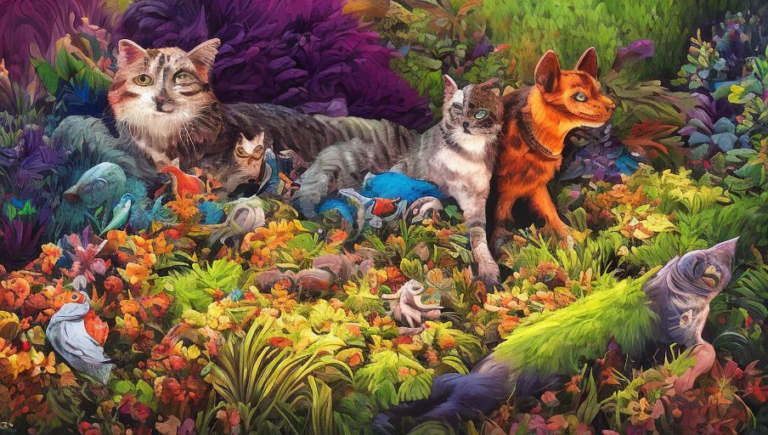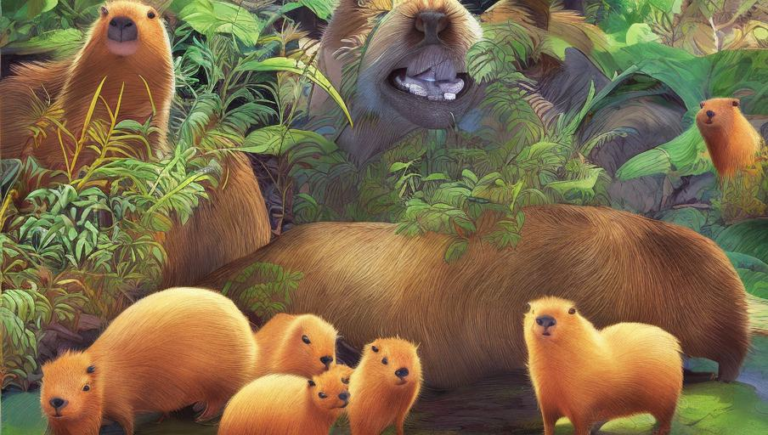Legacies of Ducks: How They Impact the Eco-System
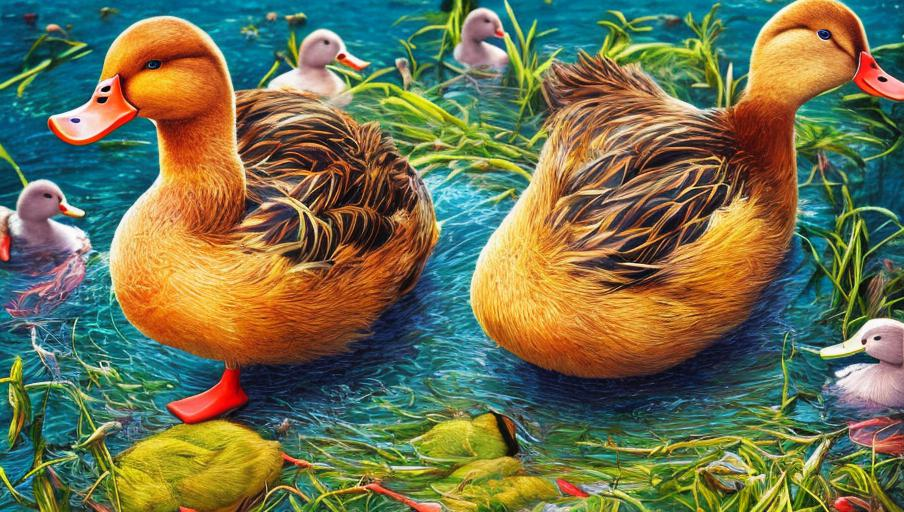
The Wonders of Ducks
Ducks are among the most recognizable and beloved birds in the world. Whether it be for their entertaining antics or their gentle nature, ducks are a hit with humans and animals alike. Ducks are found in many different ecosystems, including wetlands, rivers, lakes, and oceans. These versatile birds inhabit the world and contribute to the overall health of their environment.
The Role Ducks Play in the Environment
Ducks have many roles in the environment. They help to keep their ecosystem balanced by eating small fish, insects, aquatic plants, and other small animals, which helps to keep the food chain in check. Ducks also help to spread plant and animal life by carrying seeds and eggs in their feathers and transporting them from place to place. This helps to create new habitats and increases genetic diversity.
Ducks are also an important part of the food chain. They provide food for a variety of predators, including birds of prey, mammals, and even fish. Ducks are an important source of protein for these animals, and their presence helps to maintain a healthy balance.
The Benefits of Ducks for Humans
Ducks are not just important for their role in the environment; they are also beneficial for humans. For one, ducks are a source of food and a popular game bird. Duck meat is a delicacy in many countries and is often enjoyed in a variety of dishes. Ducks also provide humans with entertainment and recreation; duck watching is a popular pastime for many.
Ducks are also used for a variety of scientific and medical purposes. Ducks are often used in studies on aquatic life and ecology, as well as in vaccine development. Ducks are also used in the production of animal feed, as well as for their feathers, which can be used to make clothing and accessories.
Preserving Duck Populations
Unfortunately, duck populations have been declining in recent years due to a variety of factors. These include habitat destruction, climate change, pollution, hunting, and other human activities. It is important for humans to take steps to protect ducks and their habitats in order to ensure their survival. This can include creating protected areas where ducks can breed and rest, as well as reducing sources of pollution and human activity that can be harmful to ducks.
Ducks are a vital part of the environment and an important source of food and entertainment for humans. By taking steps to protect ducks and their habitats, humans can ensure that ducks continue to thrive and provide these important benefits to both humans and the environment.
